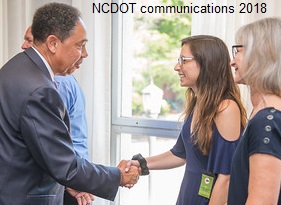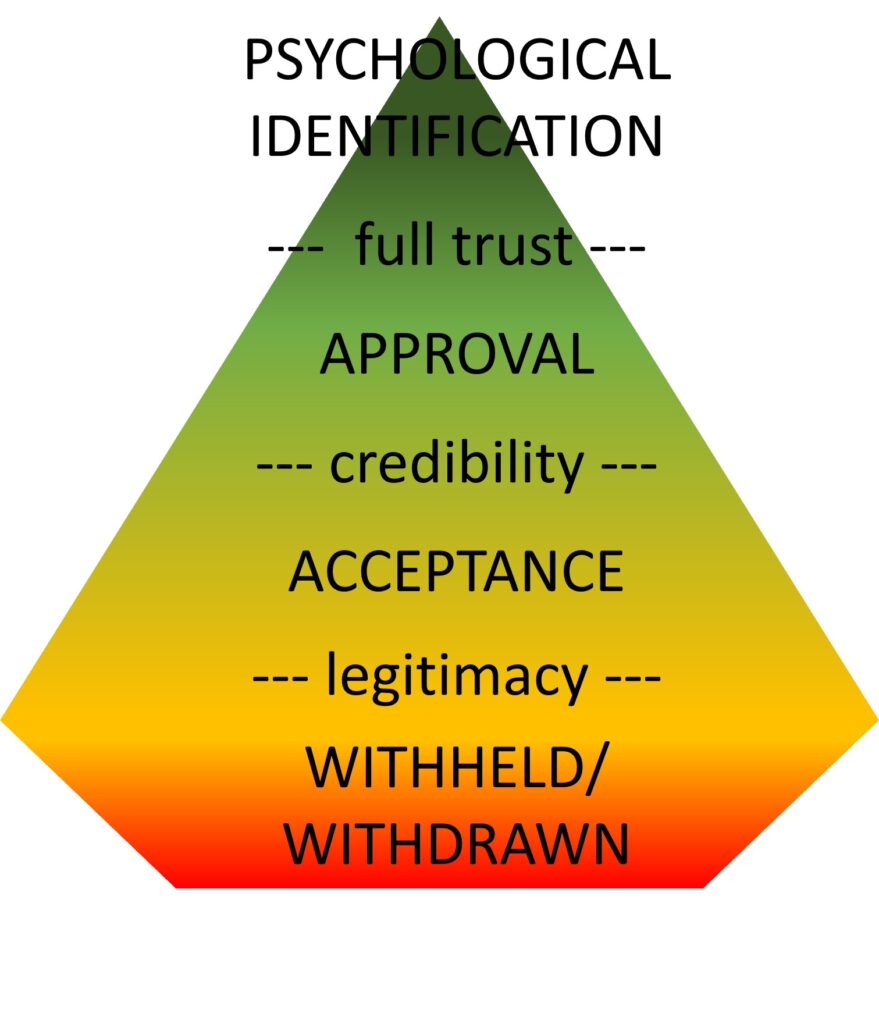Social licence (SL)
The social licence is a metaphorical term coined by Jim Cooney, a mining executive. It conveyed the idea that natural resource companies need approval from their affected communities just as much as they need approval from governments..
[1] Thomson, I., & Boutilier, R. G. (2011). Social license to operate. In P. Darling (Ed.), SME Mining Engineering Handbook (pp. 1779-1796). Society for Mining, Metallurgy and Exploration.
[2] Morrison, J. (2014). The social license: How to keep your organization legitimate. Palgrave Macmillan.

John Morrison [2] generalized the meaning to include the activities of governments and NGOs in addition to those of all sorts of businesses. Today the ‘social licence’ refers to the level of social acceptance for the activities of any organization.
Identifiable stakeholders remain the primary grantors but, when an activity becomes controversial, acceptance by the general public also matters. Concomitantly, the role of narratives about the activity has also received attention.
Ian Thomson and Robert Boutilier [1] expanded it from a metaphor to a management tool. They emphasized building trust with community stakeholders through working together on shared goals.
